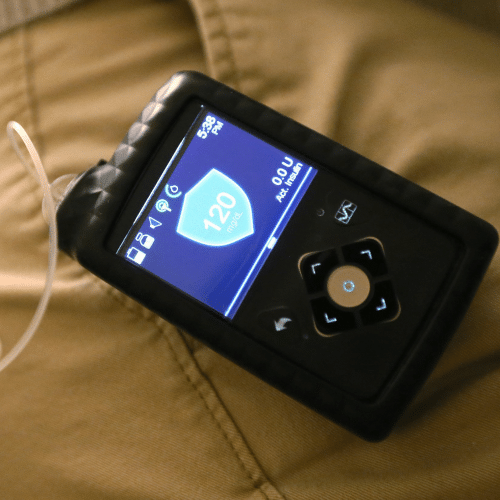Right to Repair Is Having Its Moment
COMMENTARY

Right-to-repair advocates are abuzz with what they see as a monumental year for the movement.
In 2023, nearly 30 states introduced right-to-repair legislation, according to U.S. PIRG, with New York passing the nation’s first law of this kind, Minnesota creating what supporters call “the broadest right-to-repair law” yet, and Colorado passing two laws impacting farming equipment and powered wheelchair repair, respectively.
What do all these new right-to-repair laws have in common with bills already introduced in Congress? They exempt Food and Drug Administration-regulated medical devices.
That’s right. Exempting sophisticated medical devices from self-proclaimed “tinkerers” has unifying lawmaker appeal. That’s because state legislators recognize that fixing a cellphone or even a tractor is a far cry from repairing a CT machine that uses specialized radiation to peer inside the body.
Servicing or repairing medical device equipment that is performed by the original equipment manufacturer is regulated by the FDA. This means that these companies and their servicers are required to undergo proper training, reporting and registration with the FDA. Yet, advocates that seek to include medical devices in broader right-to-repair laws would permit unregulated, third-party servicers to repair highly sensitive imaging technology without registering with the FDA — a requirement that even many dietary supplement manufacturers must meet.
Allowing unregulated third-party actors to tinker with medical devices presents new and unnecessary risks to patient safety and cybersecurity. For most Americans, and it seems most state legislators, this is common sense. A recent Harris poll revealed that 77% of American consumers say that the FDA should regulate medical device service and repair conducted by either an OEM or independent third-party companies.
If the repair of a cellphone goes wrong, it’s an inconvenience. If a medical device is improperly serviced, it puts patients at risk of serious injury or poor image quality that can lead to a delayed or missed diagnosis. Patients and their families deserve the peace of mind that medical devices work effectively and aren’t merely repaired by potentially untrained, third-party servicers.
Unfortunately, as former Associate FDA Commissioner Peter Pitts recently observed, right-to-repair can enable third-party servicers to enact “various coordinated, illegal schemes to circumvent medical device security that seek profit at the expense of patient safety and in defiance of regulatory guidance.”
Right to repair also makes hospitals vulnerable to cyberthreats or ransomware if third-party repair companies hack into systems using unverified parts and shortcut techniques.
Hacking isn’t only a crime, it’s making hospital-owned medical devices a possible entry for criminals to steal patients’ personal health information. In fact, the U.S. Office for Civil Rights is investigating 17 current cases in Maryland including those that go after personal health information.
As right-to-repair continues to pick up steam, state and federal lawmakers should heed the precedent set in New York and Minnesota by not applying a law that empowers tinkerers to fix their phones to FDA-regulated medical devices.
Right to repair may sound appealing when you crack your cellphone, but when it’s you or a family member inside a CT or MRI machine, it’s best to have FDA-regulated service operators to repair FDA-regulated medical devices.
Terry Wilcox is co-founder and executive director of Patient Rising and Patients Rising Now. She can be reached on LinkedIn.

























